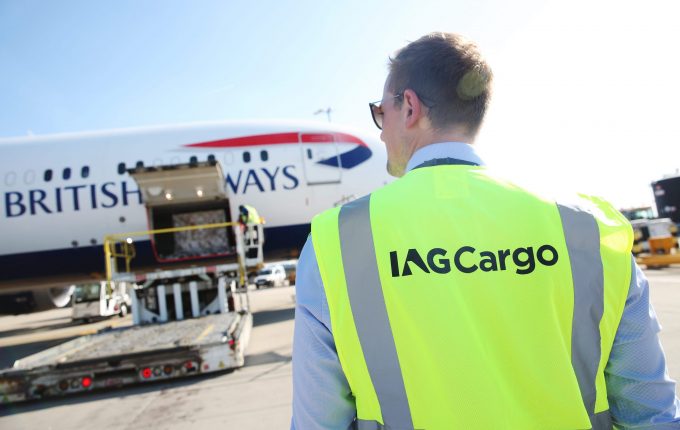Prologis UK, a leading owner, investor and developer of logistics property, is bringing to market an additional 159,000 sq. ft. of space to the logistics ‘Golden Triangle’ through an expansion of Prologis Park Coventry. Planning consent has been granted to deliver either a single unit or two-unit scheme on the site, depending on customer demand.
Located five minutes from M6 J3 and within 15 miles of five different motorways, Prologis Park Coventry is a highly sought-after location for businesses within the automotive and wider logistics sector. The scheme provides a unique opportunity for prospective customers to take full advantage of Prologis UK’s build-to-suit offering and secure prime logistics space in one of the UK’s most desirable locations.
Planning Success
This latest investment follows a string of other recent planning successes for the business, including at Prologis Parks Luton, Hemel Hempstead and Croydon. Once complete, the scheme at Prologis Park Coventry will bring the total value of assets under Prologis management in the Midlands to over £3 billion and the business’ Warwickshire footprint to over 3.4 million sq. ft., spread across its holdings at Prologis Park Ryton and Prologis Park Coventry.
Maria Bailey, Head of Planning at Nuneaton and Bedworth Borough Council, added: “It is our foremost priority to support activity which will directly provide a net benefit to our region. The granting of this planning application means that there are more chances than ever for the local community to pursue roles within a stable and progressive industry. Supporting the growth of businesses, and attracting more commercial activity to the area, will secure the delivery of a valuable employment site and bring inward investment and jobs to the borough.”

Planned with employee wellbeing in mind, the scheme is located opposite Coventry Country Park with connecting access routes for employees and the community. Another key feature of Prologis UK’s PARKlife offering, landscaped communal areas have been drawn up in the planning designs.
With the opportunity to be neighbours with major companies such as IFCO, Halfords, DHL, Parcel Force and Co-Op, the unit will be delivered to Prologis UK’s high sustainability standards, targeting an EPC A and BREEAM ‘Excellent’ rating, as well as being net zero carbon in construction.
Caroline Musker, Head of Planning at Prologis UK, said: “This multi-million-pound expansion of Prologis Park Coventry will help to activate growth of local businesses and generate further inward financial opportunities. We pride ourselves in our expertise in providing agile spaces that deliver scalable groundbreaking solutions. Delivering flexibility through our two permissions at this scale means we can be adaptable to the market and the requirements of prospective tenants.”
Busineses at Prologis Park Coventry are supported by a highly skilled labour pool and potential talent base that is ideally suited to the logistics and distribution operations, across a wide range of sectors.











